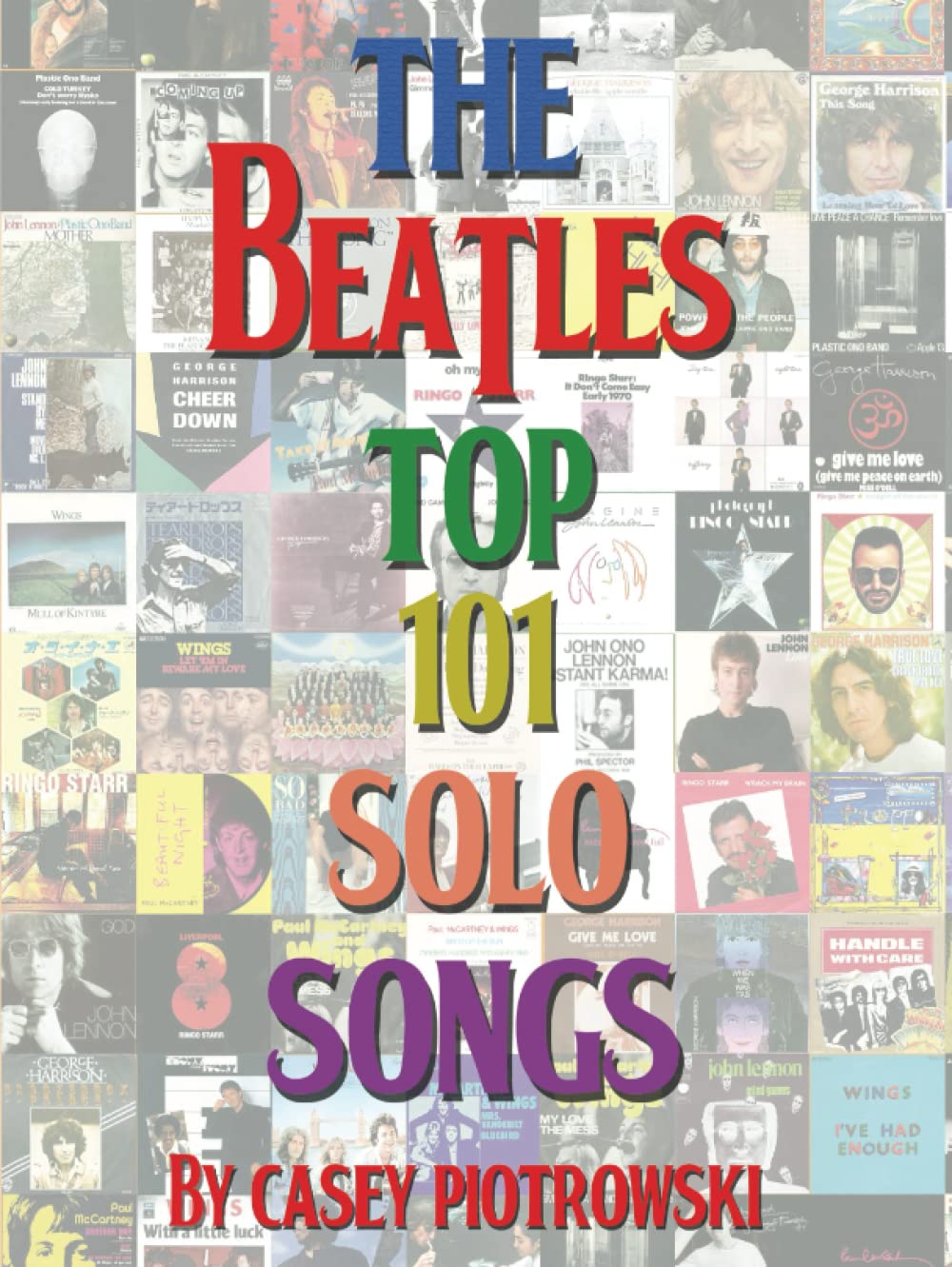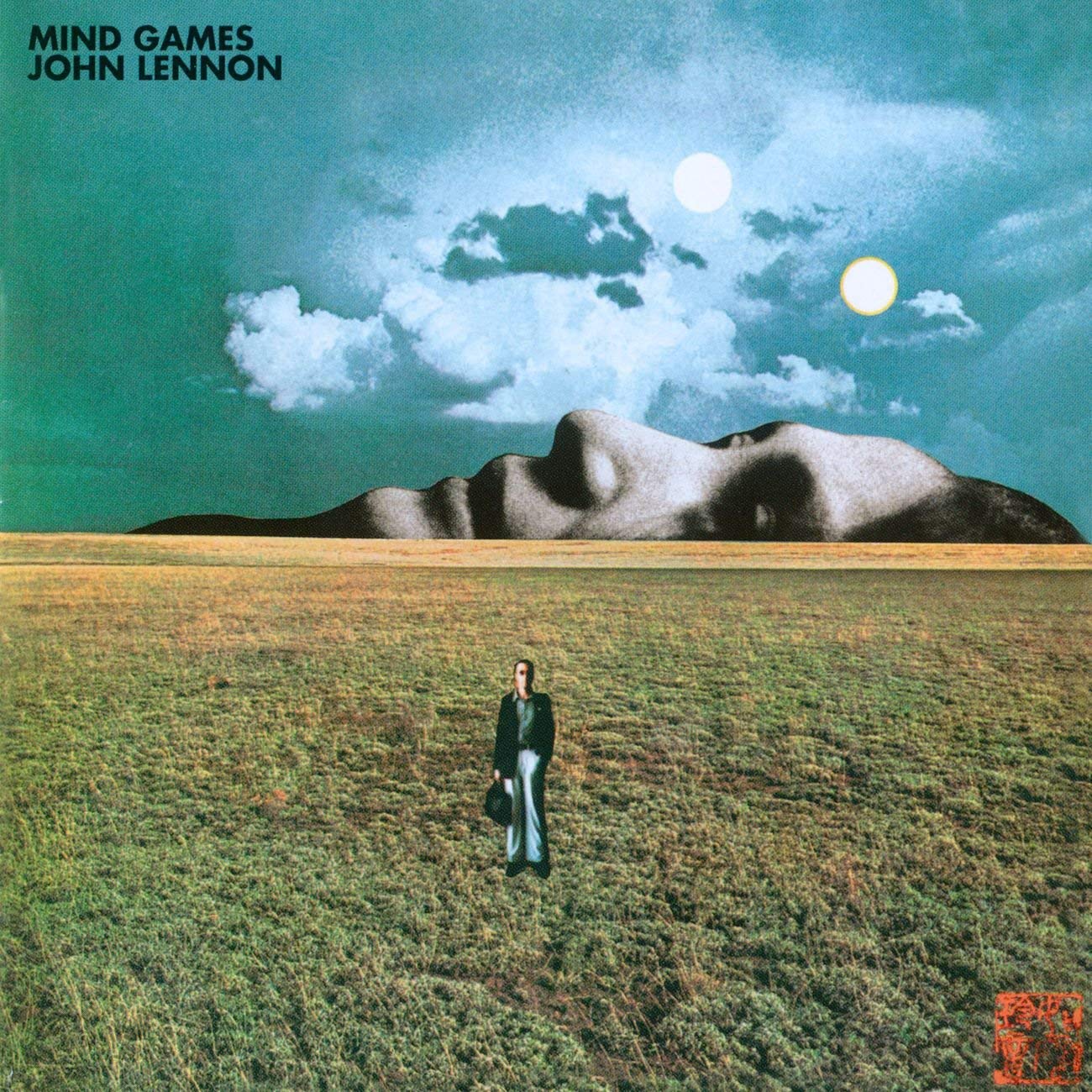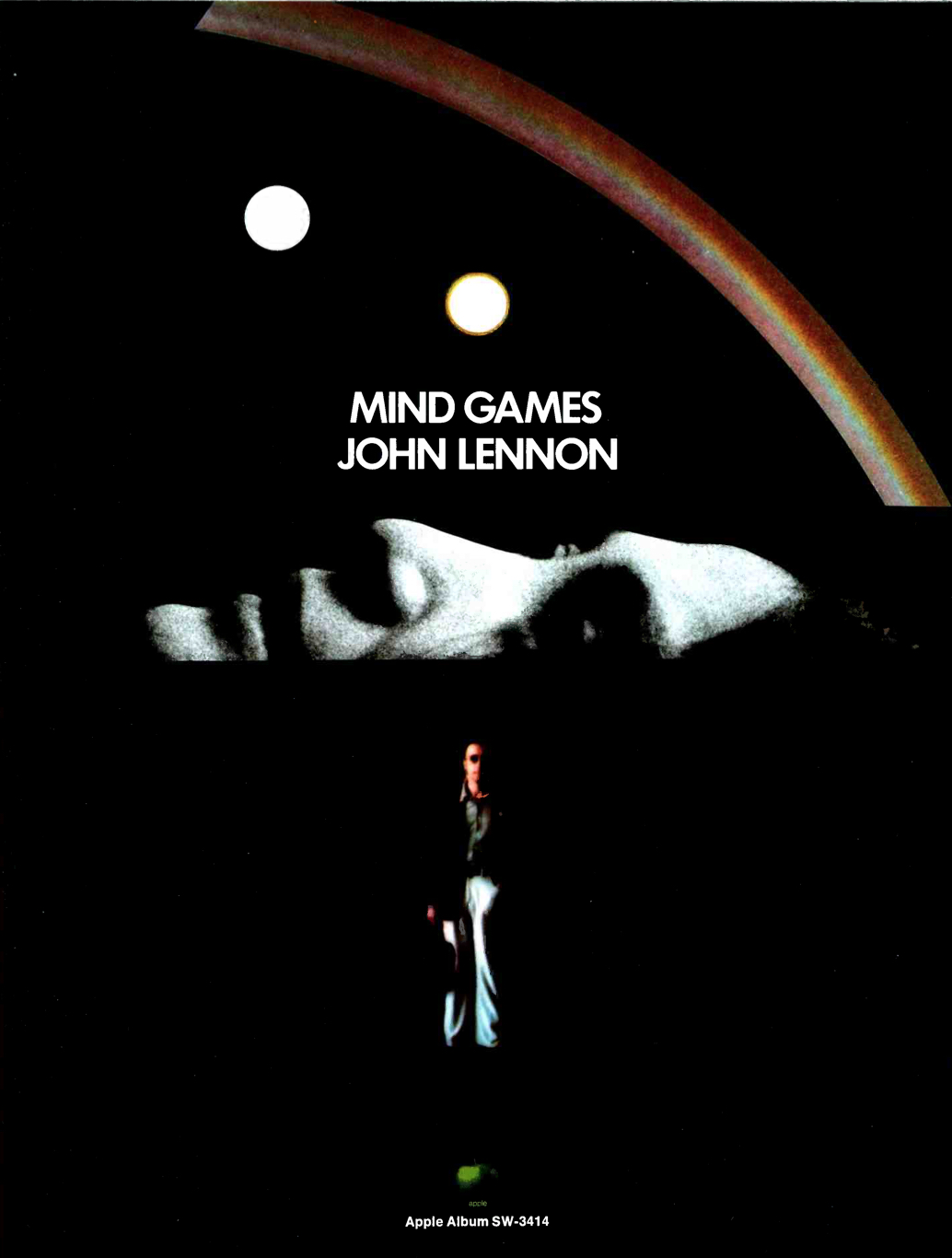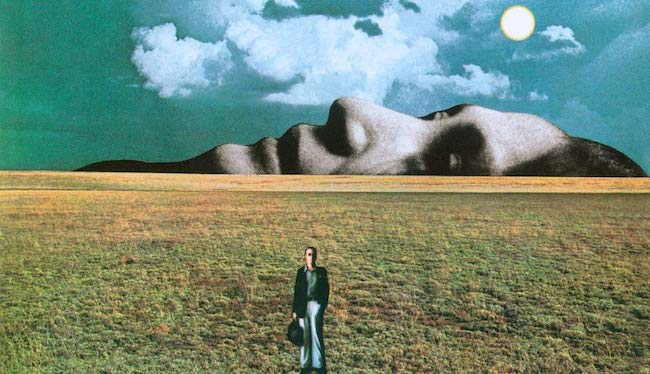 John, Paul, George and Ringo carried on their collective legacy on their own after the breakup, creating a body of work separately, the best of which rivaled the work they did together. Author Casey Piotrowski has published The Beatles Top 101 Solo Songs, providing info and insights into the music and the environment–social, political, within the industry and among The Beatles themselves. He’s allowed us to excerpt the chapter on the title track (and only single) from John Lennon’s fourth studio album, Mind Games.
John, Paul, George and Ringo carried on their collective legacy on their own after the breakup, creating a body of work separately, the best of which rivaled the work they did together. Author Casey Piotrowski has published The Beatles Top 101 Solo Songs, providing info and insights into the music and the environment–social, political, within the industry and among The Beatles themselves. He’s allowed us to excerpt the chapter on the title track (and only single) from John Lennon’s fourth studio album, Mind Games.
Some Time in New York City might not have been the worst album any of the Beatles did on his own, but it’s certainly in contention. (Everybody in the group has released at least one candidate for that dubious honor.)
It was 1971. America was still severely divided over race, Vietnam and seemingly every other political issue. The John Lennon-Yoko Ono album was probably an effort to stay relevant, but, instead, in the minds of many of their fans, the couple stepped down on the wrong side of every issue they addressed on the record. They defended the prisoners who rioted at Attica State, an action that ultimately led to the deaths of 39 people. They tried to paint as a sympathetic figure a woman who had recently been one of the FBI’s 10 Most Wanted People Angela Davis, an avowed Communist, when that label still meant something awful to so many Americans…and who would be tried for kidnapping and murder.
The album made neither musical nor common sense, and the public soon realized it. During his lifetime, John would never have one of his solo albums fail to make the top 10 except for Some Time in New York City which peaked in Billboard at #48.
 Had John kept his music going in this direction, I think, anyway, that he would have accomplished one of the most amazing things any Beatle had ever done: destroy the 10 years’ worth of love and support the world had for him.
Had John kept his music going in this direction, I think, anyway, that he would have accomplished one of the most amazing things any Beatle had ever done: destroy the 10 years’ worth of love and support the world had for him.
The response to the record was so negative that Lennon couldn’t record anything new for a year. And, at that point, he did something that would seem contradictory to his personality, but wasn’t really: he retreated. He gave us an album full of McCartney-esque melodies and Lennon-esque lyrics: Mind Games.
To front the record this time, the title tune was issued as a single. It featured some of the word jumble we’d gotten from John on songs like “Strawberry Fields Forever,” “I Am the Walrus” and “Glass Onion,” with references to things like “druid dudes” and “the karmic wheel” and one of the classic Lennon lines of all time: “Absolute elsewhere in the stones of your mind.” But all of that built to the song’s real theme, which we would hear in the bridge: Love is the answer. And, indeed it was.
Certainly to the issues going on in the world…and the ones going on in John’s career.

The album and single both went top 10 in the Record World and Cash Box trade magazines, though the 45 peaked only at #18 in Billboard, probably a slight residual effect from Some Time in New York City.
The song itself did show how much, on this track, at least, John missed having George Martin as his producer. The song comes on like a pile driver in the first few bars and doesn’t go in any other direction, in terms of arrangement and production, after that.
But that is small criticism for a song that has matured into an essential part of the Lennon oeuvre.
Sometimes our blessings come disguised as something else: the loss of a job, our car being run into, a distasteful album coming from a couple of self-possessed pop stars.
If Some Time in New York City had never come along, Mind Games as a musical statement would have cemented John’s image years before his death. “Mind Games”‘ message, beyond what was in the grooves, was that love could redeem anything, even the career of a risk-taking rock and roller.
Related: The same author shares his story of a memorable B-side from Paul McCartney’s Band on the Run
[easy_sign_up title=”Sign up for the Best Classic Bands Newsletter”]
- Paul McCartney’s Memorable ‘Band on the Run’ B-side - 06/08/2023
- John Lennon’s ‘Mind Games’: Love Is the Answer - 09/13/2022


2 Comments
“Some Time in New York City” LP
Released 12 June 1972
George… The reference to 1971 is with regard to the events that were taking place that year that influenced the album.